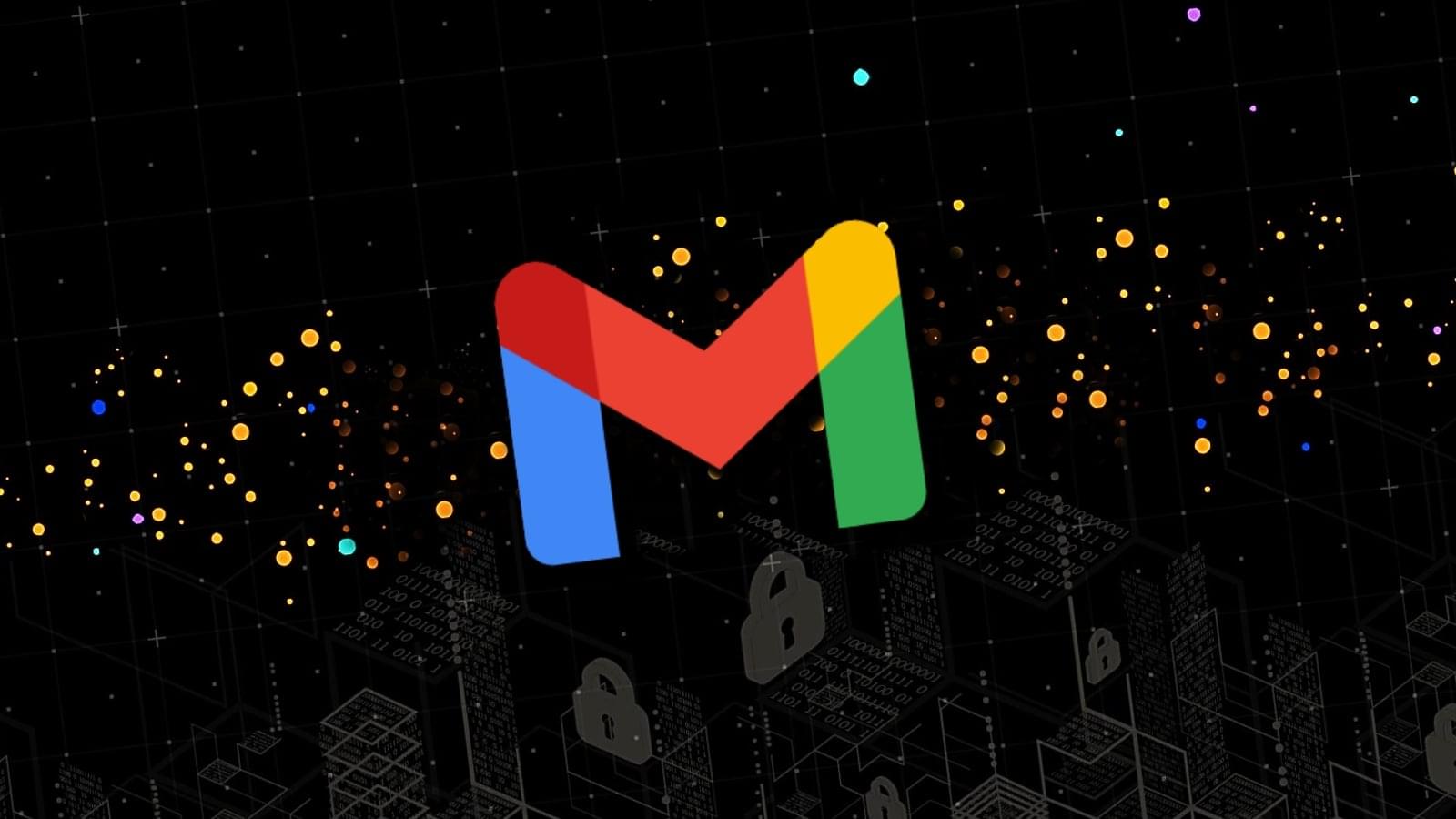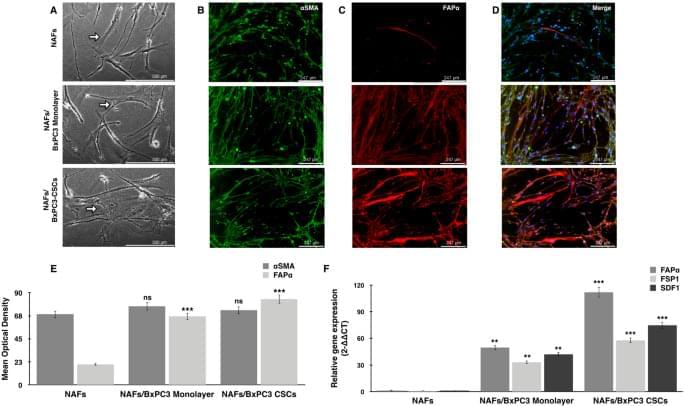New research suggests that specific personality traits may amplify the way childhood adversity shapes an individual’s approach to life. A study published in the journal Personality and Individual Differences provides evidence that subclinical psychopathy strengthens the link between childhood trauma and “fast” life history strategies. The findings indicate that for those who have experienced severe early difficulties, certain dark personality traits may function as adaptive mechanisms for survival.
Psychologists use a framework called Life History Theory to explain how people allocate their energy. This theory proposes that all living organisms must make trade-offs between investing in their own growth and investing in reproduction. These trade-offs create a spectrum of strategies that range from “fast” to “slow.”
A fast life history strategy typically emerges in environments that are harsh or unpredictable. Individuals with this orientation tend to prioritize immediate rewards and reproduction over long-term planning. They often engage in riskier behaviors and invest less effort in long-term relationships. This approach makes evolutionary sense when the future is uncertain.







